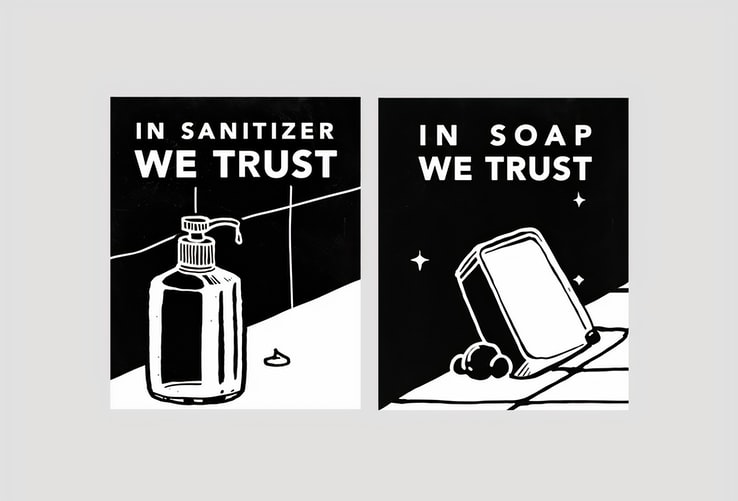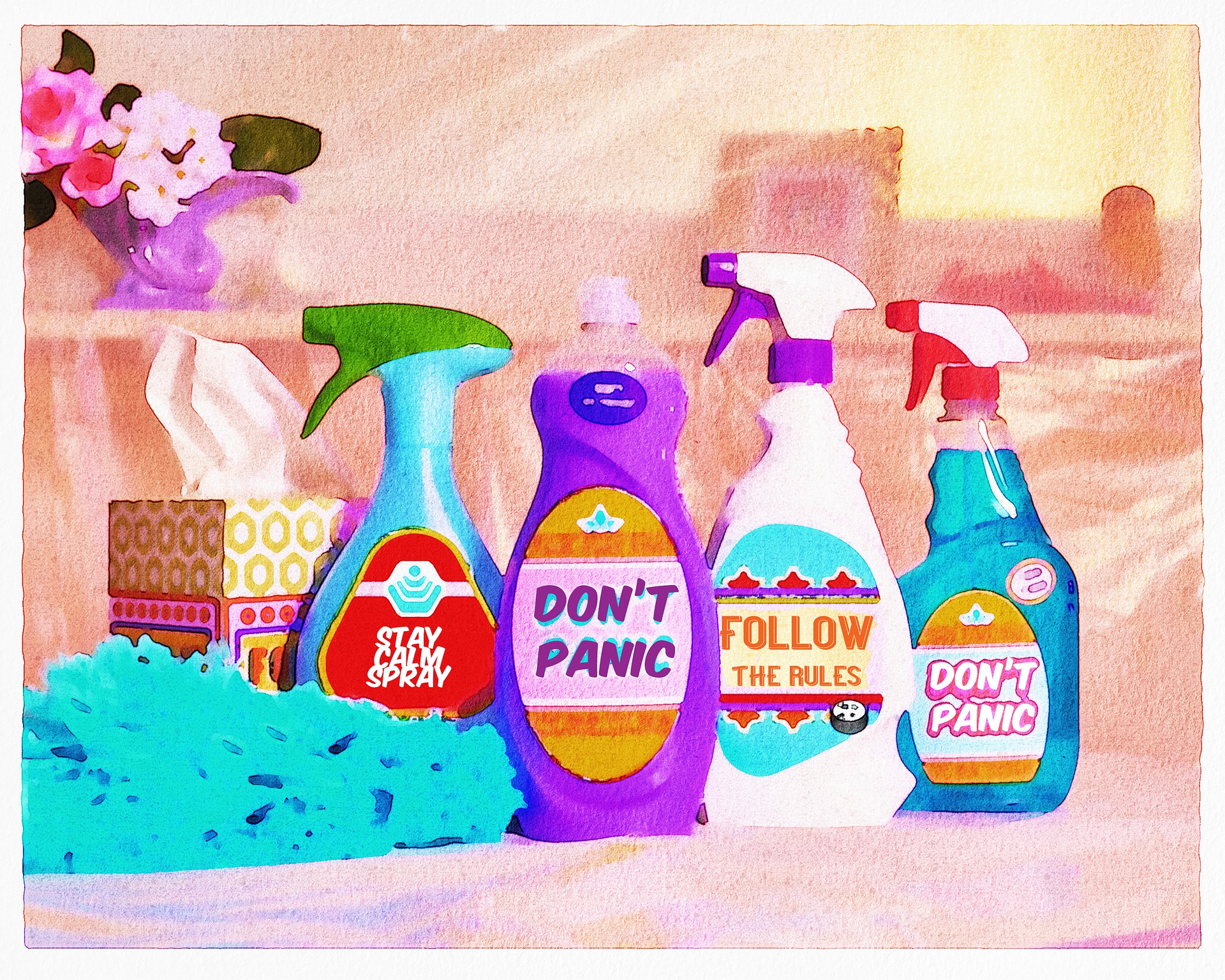Disinfecting Your Campsite in a COVID Wary World
Just because you’re in the great outdoors doesn’t mean you should abandon your sanitizing habits. Some viruses and bacteria can live on hard surfaces for 24 hours or longer and we often spread them without knowing it. It is important to regularly clean and disinfect the surfaces we touch, especially in places we share with other people. If you’re looking into how to disinfect your campsite, check out these tips.
It is impossible to keep all germs and bacteria at bay, but limiting the surfaces you share contact with others is the first place to start. When we’re in a public area, we tend to be more aware of where our hands go. Doorknobs, handrails, and trash receptacles are obvious places for harmful germs to spread, but what about at your campsite? What surfaces could benefit from a wipe-down? Even if you’re camping with a small family group or single partner, sharing tools, cooking utensils, or equipment can increase ‘bacterial traffic’. Add time and frequency to your normal campsite cleaning routine and be aware of who touches your stuff and how often they do!

Source: Unsplash
So many disinfectants!
Because of the fight to reduce exposure to harmful bacteria and viruses in this new era of COVID-19, folks have increased their daily usage of disinfectants. According to researchandmarkets.com, “In March 2020, the [global] sale of aerosol/spray disinfectants witnessed over 340% growth compared to the last year.”
Most hand sanitizers contain at least 60% alcohol, but overuse can negatively impact your health. Keeping a variety of cleaning options in our routine may help reduce the risk of overexposure to harmful chemicals.
So what other cleaning options are there?
Respect for the environment has never been more important! The synthetic fibers in most disinfectant wipes do not break down, and the mass use and disposal of them are posing an immediate threat to our landfills. With the supply and demand at an all-time high, many companies have invested in alternative and safe cleaning products to help disinfect your campsite.
Consider some of these highly-rated products:
– Dr. Bronner’s Pure-Castile Liquid Soap
– Sea to Summit Wilderness Wash
– Sierra Dawn Campsuds Liquid Cleaner
– Ursa Major Essential Face Wipes
– Everyone Natural Hand Sanitizer Spray
– Coleman Dish and Camp Soap Sheets
– Kirk’s Original Coco Castile Bar Soap
Proper Disposal
Even though these products are recommended as environmentally friendly, it doesn’t mean they can’t negatively impact the ecosystem. Even ‘plain old’ soap and water can damage the soil or local water supply. The Leave No Trace Center for Outdoor Ethics says that “Getting any soap in a water source is not acceptable or recommended. The soap can cause all sorts of issues from increased nitrogen to actually causing significant harm to aquatic inhabitants.” If you’re looking to safely dispose of biodegradable soapy water, dig a cathole 6-8 inches deep at least 200 feet from the nearest water source. That will allow bacteria to break down the soap. Don’t forget your carryout practices and be aware that many places have closed off their recycling/trash options. Research ahead of time!
Keep it simple!
Knowing how to disinfect your campsite doesn’t have to be complicated. It starts with a mindset. Being overly paranoid can cause unnecessary stress, so remember many sanitizing practices are common sense! Have a good conversation with the people you’re traveling with, respect each other’s concerns, and don’t be afraid to be honest! Campers and outdoor enthusiasts have enjoyed a long tradition of cohesive living. Caring for each other and the environment during this pandemic is something we can all take on!
*Be wary of bad advice about cleaning your canvas tent
While some climates are more prone to mold, no matter where you are located, mold and mildew can be a problem if your canvas is not properly maintained. Using vinegar to clean off mold sounds reasonable, chemical-free, and safe…. BUT… it will damage and weaken your canvas and bug netting! Vinegar is caustic, which by definition means able to burn or corrode organic tissue by chemical action.
It is important to note that, although the canvas we purchase for our tents is guaranteed to cover the top 500 mold strains in North America, it is not resistant to EVERY type of mold. When cleaning and disinfecting the canvas surface of your Stout tent, please remember that bleach can RUIN your canvas tent.
We maintain over 1,000 tents a year, and our team has field experience with tents in all sorts of conditions. We have wholesale/commercial clients throughout the US and the world, including challenging sites like Hawaii, Florida, the Pacific North West, and Costa Rica. Contact us here for more information or with any questions you have about cleaning your canvas!

